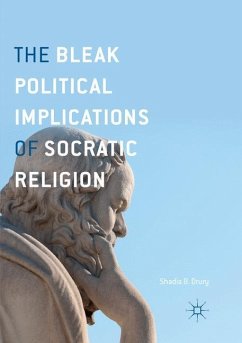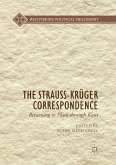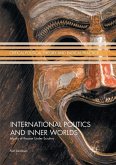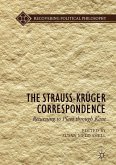This book poses a radical challenge to the legend of Socrates bequeathed by Plato and echoed by scholars through the ages: that Socrates was an innocent sage convicted and sentenced to death by the democratic mob, for merely questioning the political and religious ideas of his time. This legend conceals an enigma: How could a sage who was pious and good be so closely associated with the treasonous Alcibiades, who betrayed Athens in the Peloponnesian war? How could Critias and Charmides, who launched a reign of terror in Athens after her defeat, have been among his students and closest associates?
The book makes the case for the prosecution, denouncing the religion of Socrates for inciting a radical politics of absolutism and monism that continues to plague Western civilization. It is time to recognize that Socrates was no liberator of the mind, but quite the contrary-he was the architect of a frightful authoritarianism, which continues to manifest itself, not only in Islamic terror, but also in liberal foreign policy. Defending Homer and the tragic poets, the book concludes that the West has imbibed from the wrong Greeks.
The book makes the case for the prosecution, denouncing the religion of Socrates for inciting a radical politics of absolutism and monism that continues to plague Western civilization. It is time to recognize that Socrates was no liberator of the mind, but quite the contrary-he was the architect of a frightful authoritarianism, which continues to manifest itself, not only in Islamic terror, but also in liberal foreign policy. Defending Homer and the tragic poets, the book concludes that the West has imbibed from the wrong Greeks.
"This book is a provocative, polemical variation on the Nietzschean themes that Socratic philosophy was the will to power of an ugly man against a culture of beauty and that Christianity was Platonism for the masses. ... The book is a helpful reminder to contemporary scholarship that the ironic Plato also had a reformist side to elevate democracy's apolitical focus on bodily needs. Summing Up: Recommended. Upper-division undergraduates through faculty." (W. J. Coats, Choice, Vol. 55 (5), January, 2018)








